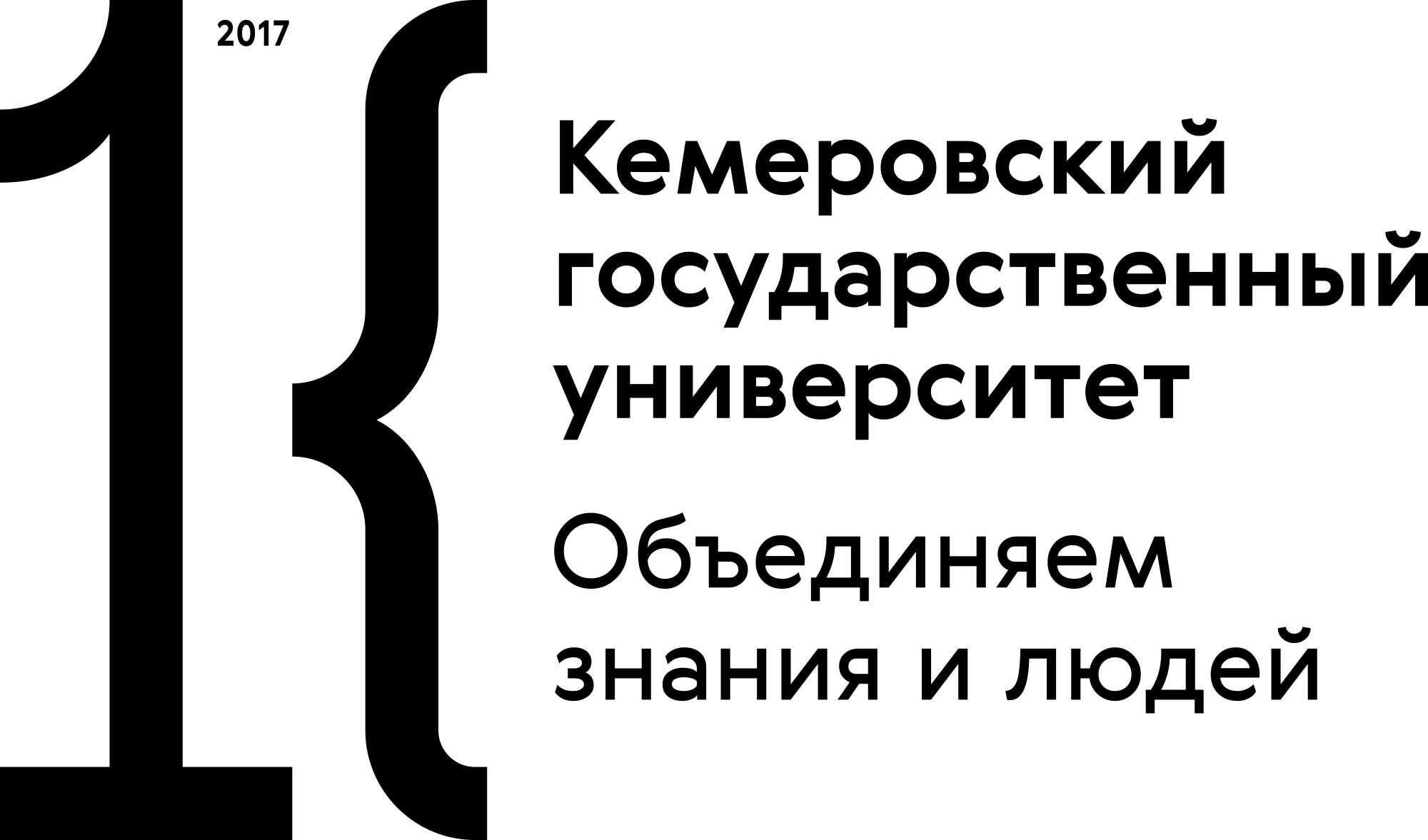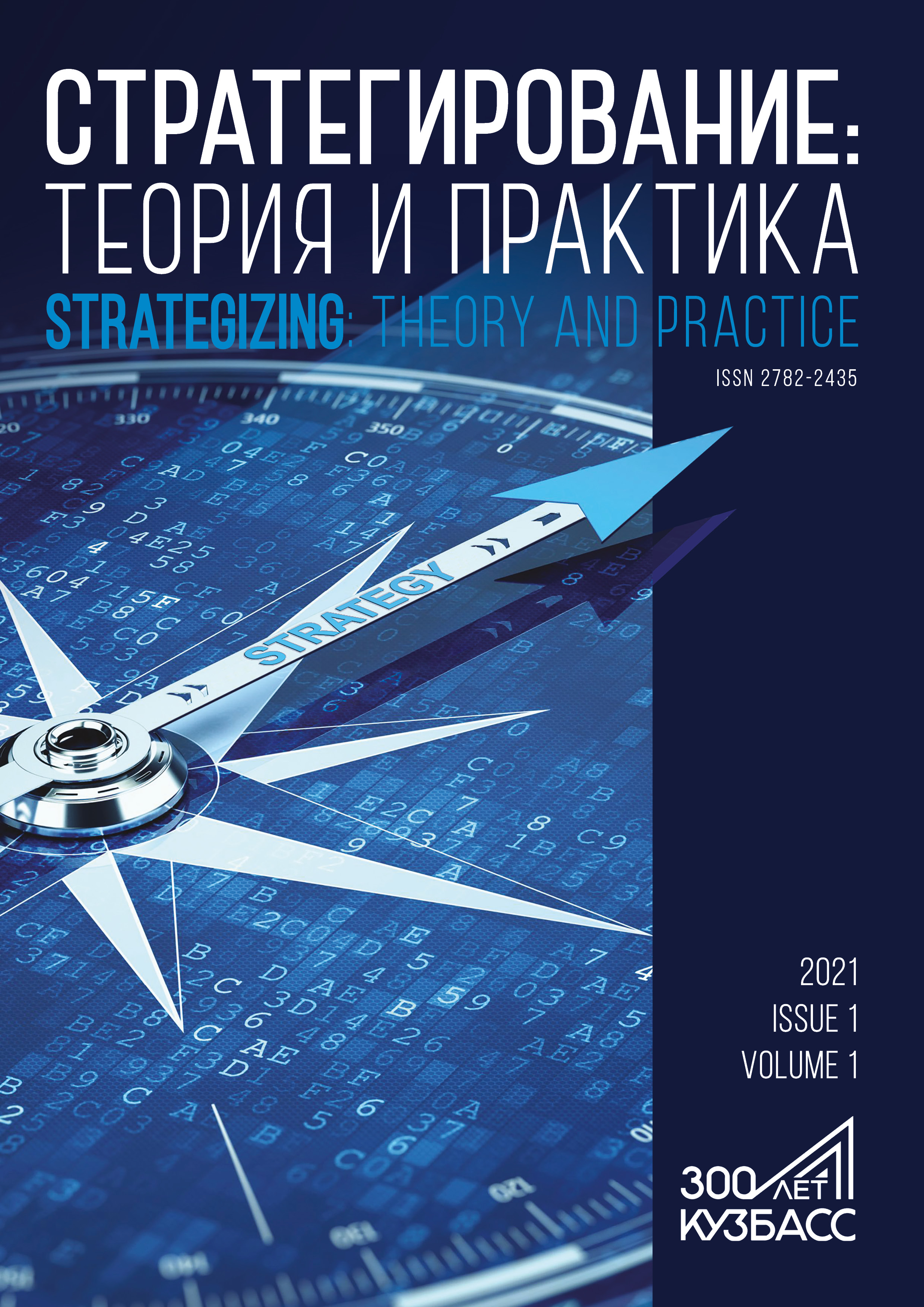Moscow, Moscow, Russian Federation
Cairo, Egypt
The state accumulates national wealth only as fast as it transforms the existing scientific and technical reserves into economic resources, thus capitalizing natural resources into marketable goods and services. This research relied on a new approach to assessing national strength developed by V.L. Makarov, A.R. Bakhtizin, and E.D. Sushko. The approach is based on the presumption that strategizing labor potential ensures effective technological sovereignty, which makes science and innovations especially important. It presupposes the following basic principles of strategizing the labor potential development: legality, consistency, longterm, prolongation, continuity, humanity, freedom, and proportionality. To make these principles more effective, the authors substantiated the role of interoperability (compatibility) between science and innovations at technical, semantic, and organizational levels.
interoperability, strategizing, export potential, coordination of economic activity, cross-industry and cross-country cooperation
1. Kalinin VS. Strategizing methodology during the transformation of innovative industrial clusters. Strategizing: Theory and Practice. 2023;3(2):245-260. (In Russ.) https://doi.org/10.21603/2782-2435-2023-3-2-245-260
2. Kvint VL. The concept of strategizing. Vol. I. St. Petersburg: NWIM RANEPA, 2019. 132 p. (In Russ.)
3. Kvint VL. Global emerging market: strategic management and economics. Moscow: Biznes atlas; 2012. 627 p. (In Russ.)
4. Kvint VL, Khvorostyanaya AS, Sasaev NI. Advanced technologies in strategizing. Economics and Management. 2020;26(11):1170-1179. (In Russ.) https://doi.org/10.35854/1998-1627-2020-11-1170-1179
5. Kondratʹev VV. Modelʹno-orientirovannyy sistemnyy inzhiniring 2.0 [Model-Based Systems Engineering 2.0]. Moscow: MFTI; 2021. (In Russ.)
6. Makarov VL, Bakhtizin AR, Sushko ED. The national strategic power, international trade, and national economic success in an unstable world. Strategizing: Theory and Practice. 2023;3(3):277-397. (In Russ.) https://doi.org/10.21603/2782-2435-2023-3-3-277-297
7. Pichkov OB, Ulanov AA. Mezhdunarodnyy transfer tekhnologiy kak instrument politiki v XXI veke [International technology transfer as a policy tool in the XXI century]. Moscow: MGIMO; 2018. 158 p. (In Russ.)
8. Kvint VL, Novikova IV, Alimuradov MK, Sasaev NI. Strategizing the national economy during a period of burgeoning technological sovereignty. Administrative Consulting. 2022;165(9):57-67. (In Russ.) https://doi.org/10.22394/1726-1139-2022-9-57-67
9. Belyakov K, Gavrilyuk A, Ishchenko A, Poselova T, Pyataeva O, Ragozin P, et al. Transfer tekhnologiy v tsifrovoy ehkonomike [Technology transfer in the digital economy]. Moscow: NATT; 2020. 230 p. (In Russ.)
10. African economic outlook 2023. African Development Bank; 2023. 236 p.
11. Thijssen MH, Bishaw Z, Ahmed H, Gupta A. Assessing the performance of Egypt’s seed sector. Wageningen: Wageningen Centre for Development Innovation; 2023. 49 p. https://doi.org/10.18174/629970
12. Casari S, di Paola M, Banci E, Diallo S, Scarallo L, Renzo S, et al. Changing dietary habits: The impact of urbanization and rising socio-economic status in families from Burkina Faso in Sub-Saharan Africa. Nutrients. 2022;14(9). https://doi.org/10.3390/nu14091782
13. Yigezu YA, Moustafa MA, Mohiy MM, Ibrahim SE, Ghanem WM, Niane A-A, et al. Food losses and wastage along the wheat value chain in Egypt and their implications on food and energy security, natural resources, and the environment. Sustainability. 2021;13(18). https://doi.org/10.3390/su131810011
14. Giller KE, Delaune T, Silva JV, van Wijk M, Hammond J, Descheemaeker K, et al. Small farms and development in sub-Saharan Africa: Farming for food, for income or for lack of better options? Food Security. 2021;13(3):1431-1454. https://doi.org/10.1007/s12571-021-01209-0






